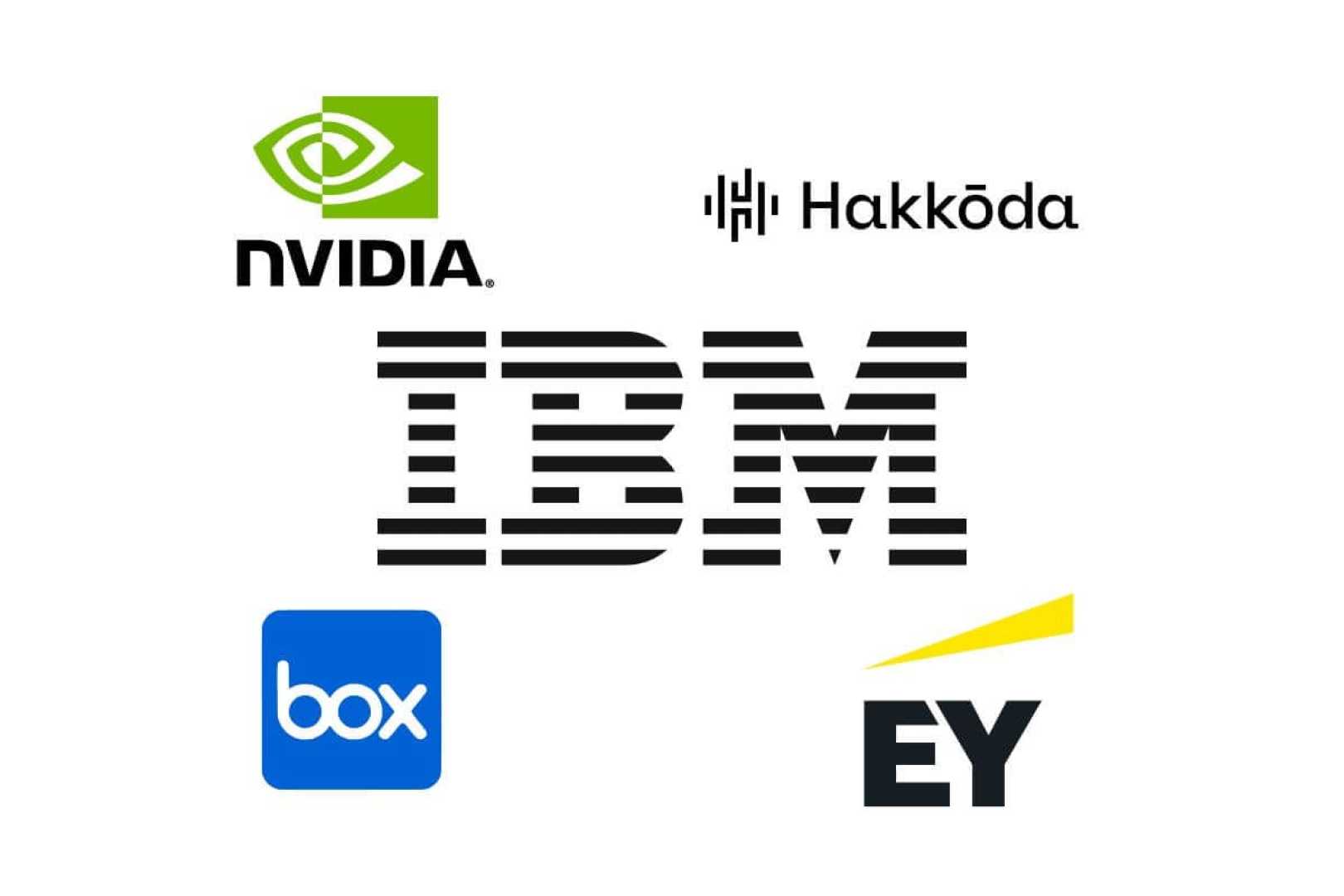Business
Survey Finds Most AI Projects Fail to Deliver Expected Returns

ARMONK, New York – According to a recent survey by IBM, only one-quarter of AI initiatives have generated the expected return on investment. The survey, which included responses from 2,000 CEOs, reveals the challenges organizations face with generative AI despite the widespread excitement around the technology.
IBM released the findings on Tuesday during its annual Think conference. Just over half of the CEOs, about 52 percent, stated their companies are seeing value from their generative AI investments beyond mere cost savings. Many executives, however, are still committed to incorporating AI to automate workforce tasks.
The study indicates that CEOs expect the pace of AI investments to more than double in the next two years. Approximately 61 percent reported they are already adopting AI agents and preparing to expand their use throughout their companies.
Unlike traditional AI applications like chatbots or search engines, these AI agents aim to automate entire tasks by combining multiple tools, models, and data sources, potentially without human involvement.
Currently, the implementation of AI in businesses appears limited; only 16 percent of initiatives have scaled across entire organizations. Among those investing in AI, about 65 percent of CEOs are prioritizing projects based on their potential financial return.
IBM’s report attributes much of this adoption to a fear of missing out, as almost 64 percent of respondents revealed they are embracing technology without fully understanding its benefits.
With AI technology rapidly evolving, 50 percent of survey participants reported struggling with numerous disjointed technologies. The cost of AI hardware, whether in the cloud or on-premises, also remains a significant hurdle. Over half of the CEOs acknowledged difficulties in balancing funding for current operations while investing in innovative solutions during times of unexpected change.
At the conference, IBM stated that 72 percent of CEOs believe leveraging proprietary data will be crucial for unlocking the true value of generative AI. However, many organizations still face obstacles in this area, requiring data normalization and filtering before it can be effectively integrated into AI workflows.
Moreover, over half of the respondents indicated they are creating new roles specifically for AI, reflecting the need for specialized skills in this area. The study also noted that up to a third of the existing workforce may require reskilling within the next three years.
Despite the challenges, executives remain hopeful their investments in generative AI will yield positive outcomes, with 85 percent expecting to see returns within at least two years.












